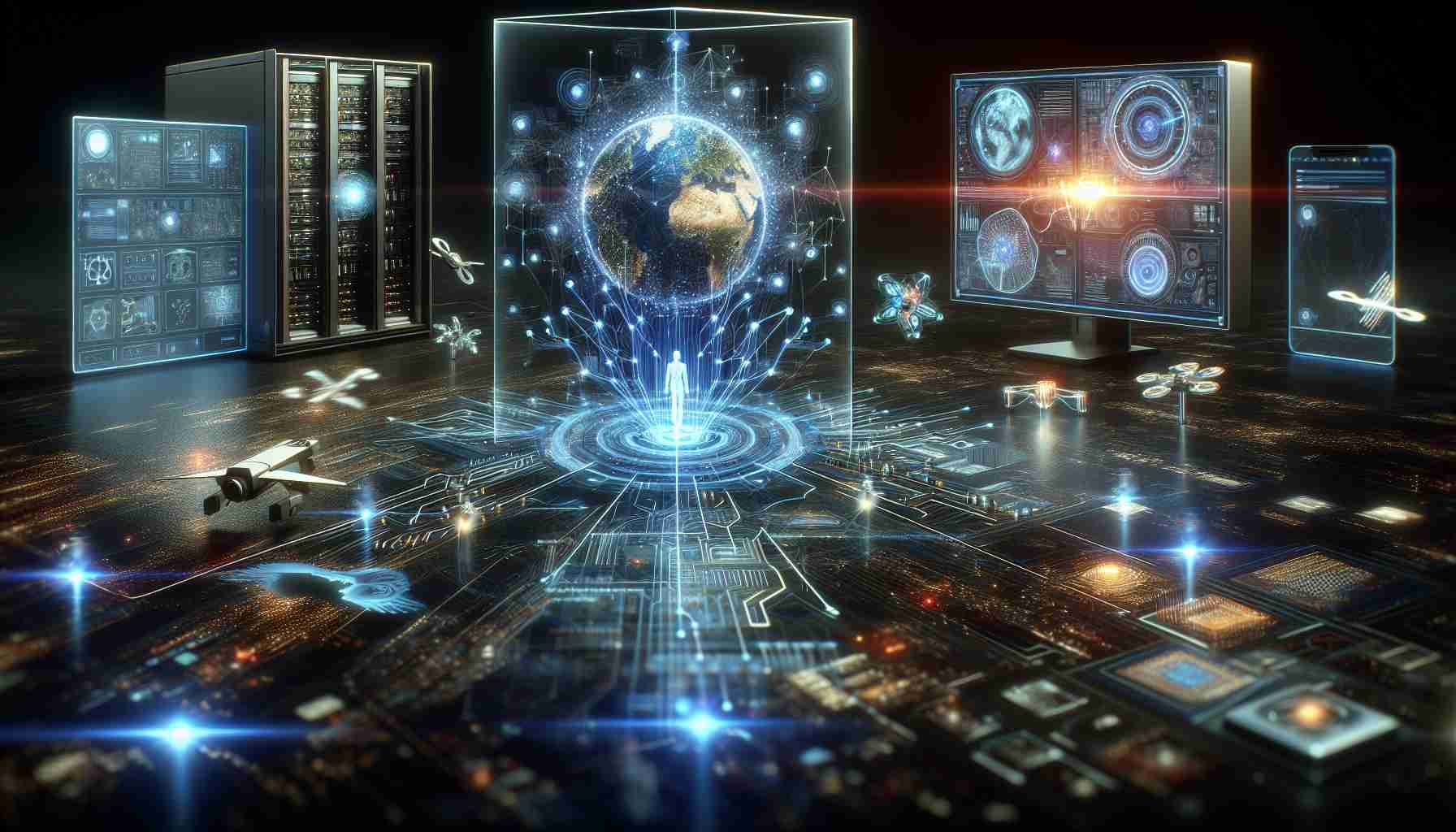Innovations in contextual intelligence are set to revolutionize our interactions with technology. As devices become more intuitive, the ability of artificial intelligence to understand our environment and actions will significantly enhance user experience. Users can expect devices like the iPhone, iPad, and Mac to display intelligent responses based on context, effectively tailoring information and services to fit individual needs.
The introduction of Vision Pro is expected to amplify this trend. This new technology will not only process user interactions but will also interpret physical surroundings. This dual capability suggests a forthcoming advances in how users engage with their devices, potentially leading to the development of visionOS that incorporates advanced contextual intelligence by late next year.
Contextual intelligence will play a crucial role in creating responsive voice-driven interfaces. By analyzing user context, devices will provide more relevant information, turning everyday tasks into seamless experiences. As technology evolves, it may become reminiscent of enhanced features like the current Door Detection, pushing the boundaries of what we anticipate from our devices.
With late 2025 as a potential target for the Vision 2.0 release, speculation surrounds the future of AI integration. As whispers from industry insiders start surfacing, excitement builds around the prospect of groundbreaking user interfaces influenced by contextual AI. The convergence of AI, voice interaction, and innovative design hints at a transformative shift in the consumer tech landscape.
Facts about the Future of Contextual Intelligence in Technology:
1. Advancements in Natural Language Processing (NLP): Future contextual intelligence systems are likely to integrate advanced NLP techniques, enabling them to understand not only user commands but also the intent behind those commands. This will improve interactions between users and devices.
2. IoT and Contextual Intelligence: The Internet of Things (IoT) will significantly enhance contextual intelligence by providing a continuous stream of data from various devices. This interconnectivity can allow devices to better understand user behavior and preferences in real-time.
3. Personalization and Privacy: As contextual intelligence systems personalize experiences based on user data, there is a growing concern regarding privacy and data security. Striking a balance between personalized experiences and protecting user data will be a major industry challenge.
4. Edge Computing: With the rise of edge computing, contextual intelligence can be processed closer to the data source, leading to faster response times and reduced latency. This is particularly significant in applications like autonomous vehicles and smart home technologies.
Important Questions and Answers:
1. What are the main applications of contextual intelligence?
Contextual intelligence can be applied in various domains, including smart homes, healthcare, customer service, and enhanced marketing strategies, where understanding user context can drive better outcomes.
2. How will contextual intelligence affect user privacy?
It will necessitate robust data protection measures to ensure that users’ personal information is not exploited. Establishing transparent data handling practices will be crucial.
3. What role will machine learning play in contextual intelligence?
Machine learning will be integral to contextual intelligence as it allows systems to learn from user interactions and adapt responses accordingly, improving over time through feedback.
Key Challenges and Controversies:
– Ethical Use of Data: As devices gather more contextual data, ethical considerations regarding consent and usage will become increasingly important.
– Standardization of Protocols: The lack of standardized protocols across devices and platforms could hinder the seamless integration of contextual intelligence.
– User Resistance: Consumers may resist new technologies that require extensive data collection, fearing loss of privacy and control.
Advantages and Disadvantages:
Advantages:
– Improved user experience through personalization.
– Increased efficiency in device interactions.
– Enhanced recommendations and assistance tailored to user needs.
Disadvantages:
– Privacy concerns due to extensive data collection.
– Potential for misuse of sensitive information.
– Dependence on internet connectivity and potential for disruptions.
Related Links:
– Forbes
– TechCrunch
– Wired
– The Verge



















